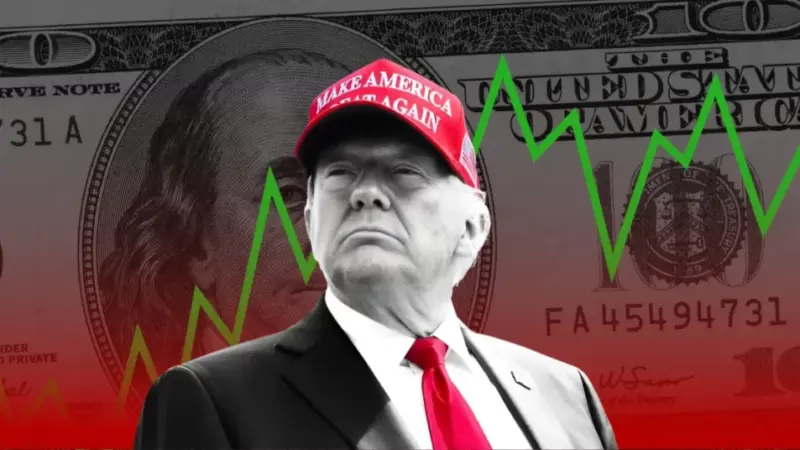India’s Cryptocurrency Legislation Will Be ‘Distinct and Unique,’ Says Lawmaker


The chairman of India’s Parliamentary Standing Committee on Finance explains that cryptocurrency legislation in India will be “distinct and unique.” He added, “We have to balance stability and growth but we recognize how important this whole area of crypto is.”
Lawmaker Provides an Update on Crypto Legislation
Jayant Sinha, a lawmaker of the ruling Bharatiya Janata Party, talked about India’s cryptocurrency legislation Wednesday at an event organized by the Blockchain and Crypto Assets Council (BACC) of Internet and Mobile Association of India (IAMAI).
Sinha, who is the chairman of India’s Parliamentary Standing Committee on Finance, explained that it is not possible for India to adopt the cryptocurrency policies used in advanced economies because the nation still does not have a full capital account convertibility. He clarified that India’s crypto policies will not follow the U.S., Japan, or El Salvador, the country which made bitcoin legal tender this week.
The lawmaker elaborated:
Our solution will have to be distinct and unique simply because of our unique circumstances. We have to balance stability and growth but we recognize how important this whole area of crypto is.
Furthermore, he noted that the committee will consider crypto legislation with national security in mind, adding: “We have to be very watchful about what happens to these crypto assets and cryptocurrencies. Use of these kinds of crypto instruments in terror financing and for domestic security threats is something we have to be mindful of.”
On Tuesday, a former deputy governor of the Reserve Bank of India (RBI), R. Gandhi, said that crypto must be regulated as an asset or commodity in India and governed by existing laws. He explained that “Once cryptocurrencies are accepted, rules governing commodity exchanges could apply and the coins could be used to pay for goods and services,” Bloomberg conveyed, and quoted him as saying, “Then automatically people can start buying, selling and holding.”
According to a recent report, the Indian government is planning to regulate crypto assets as commodities and by use cases. Previously, there were reports of the government planning to ban all cryptocurrencies like bitcoin, allowing only central bank digital currencies (CBDCs) to be issued by the RBI. Meanwhile, the central bank is planning to unveil a digital rupee model by the end of the year.
What do you think about India’s approach to crypto regulation? Let us know in the comments section below.

